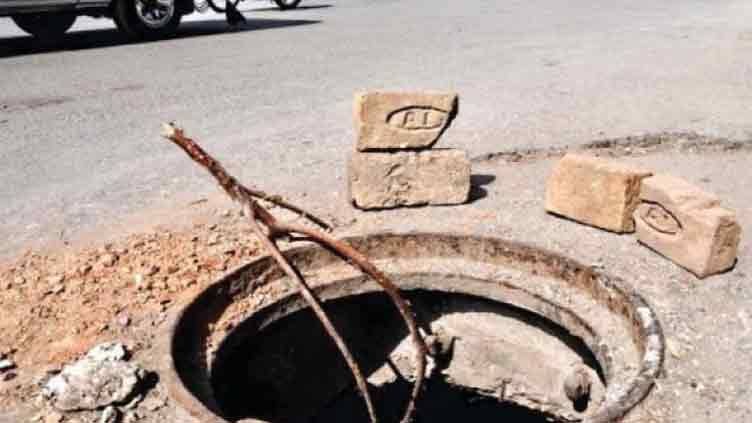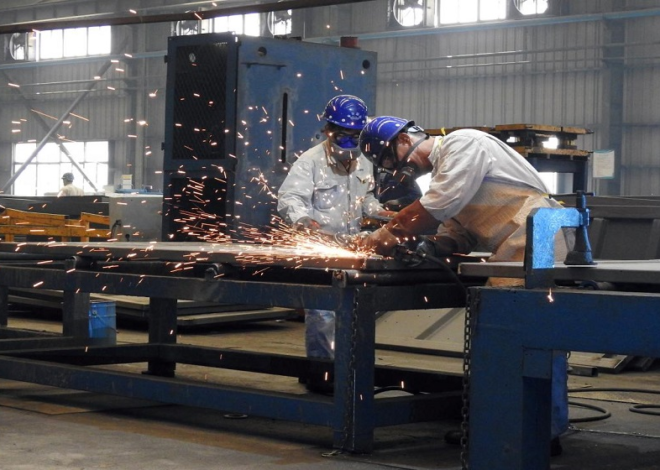
Karachi manhole death: 15-Year-Old Abu Bakar Found Dead in Open Manhole
A Heartbreaking Loss
Karachi is once again gripped by grief as news spreads of another preventable tragedy. The lifeless body of 15-year-old Abu Bakar was discovered in an open manhole near a private school in Sultanabad. The teenager had gone missing on Friday, leaving his family in despair. Days later, his search ended in devastation when authorities confirmed that his body had been pulled from the hazardous site. The incident has sparked outrage and renewed debate about civic negligence in Pakistan’s largest city.
Recurring Pattern of Negligence
This is not the first time Karachi has witnessed such an incident. Open manholes, uncovered drains, and broken sewer systems continue to pose life-threatening dangers across the city. Despite repeated promises of safety measures, tragedies keep occurring, often involving children who fall victim to the negligence of civic bodies. Each case leaves behind shattered families and a community demanding justice, yet systemic reforms remain absent.
Public Safety in Crisis
Karachi’s infrastructure challenges are no secret. From poor waste management to dilapidated sewerage systems, the city struggles with basic civic issues. The death of Abu Bakar highlights not only the danger of open manholes but also the broader neglect of public safety standards. Residents argue that such hazards should not exist in densely populated areas, especially near schools where children are most vulnerable. The lack of timely inspections and preventive measures reveals a glaring gap in governance.
Voices of Grief and Anger
The discovery of Abu Bakar’s body has ignited anger across social and traditional media. Families, activists, and concerned citizens are demanding accountability from municipal authorities. Many are questioning why open manholes remain uncovered in the first place, and why complaints often go unheard until lives are lost. Parents across Karachi are echoing the same fear: if urgent action is not taken, more children may suffer the same fate.
Demand for Accountability
As grief turns into calls for justice, attention is once again on the authorities responsible for urban safety. The repeated occurrence of similar tragedies raises urgent questions about whether negligence is being normalized. Accountability is no longer a demand but a necessity, as families argue that preventable deaths must not be allowed to continue. For many, Abu Bakar’s death represents a painful reminder that the city’s most basic safety measures are being overlooked, with devastating consequences.







